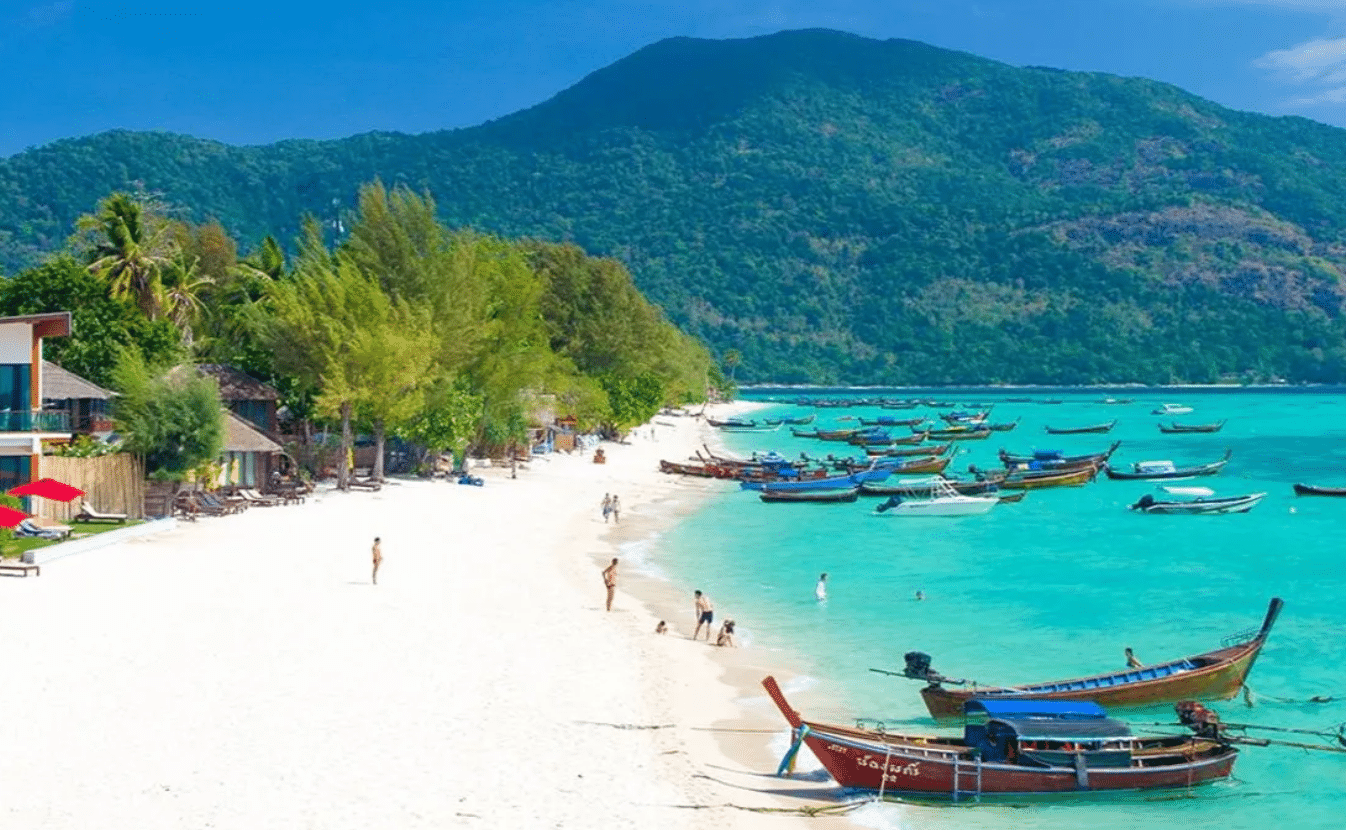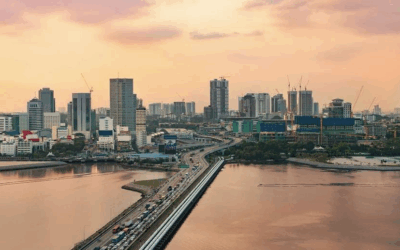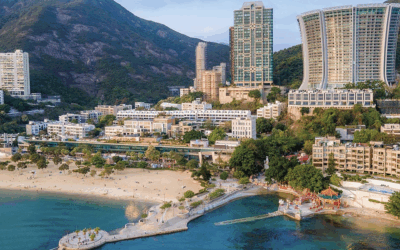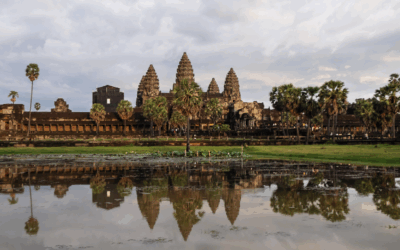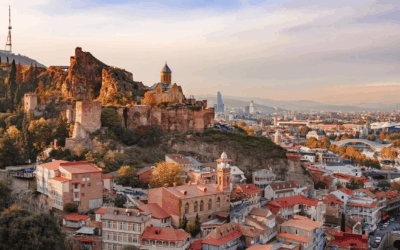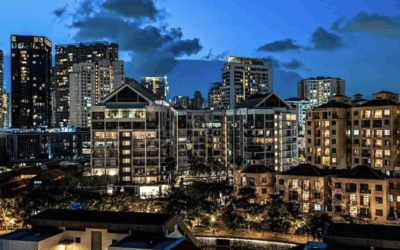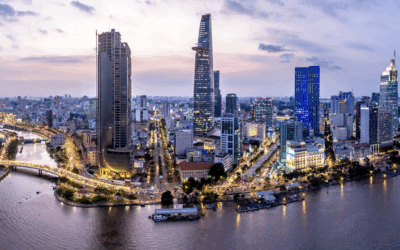The Thailand Long Term Resident (LTR) visa is an attractive option for foreigners looking to live in the “Land of Smiles” long-term.
Between the pristine beaches of Phuket and the skyscrapers of Bangkok, Thailand is one of the most visited countries in the world.
Thailand receives over 20 million tourists per year, and naturally, some decide to stay much longer than just a few days. Whether as a retiree, a digital nomad, or otherwise.
Getting a long-term visa in Thailand is easier compared to many other countries in Asia… especially if you have a bit money to invest in property or other assets.
With that said, you can’t just show up and live here on a full-time basis if you don’t have anything to offer the country.
Thailand has always been a popular place to live – expats working at multinational firms often take a pay cut for the “privilege” to work here.
Because of that, Thailand sets the bar relatively high if you want to freely live here on a full-time basis. You’ll need a specific type of for that.
The LTR visa allows foreigners to stay in Thailand for up to 10 years without having to continuously apply for visa extensions or new visas. Say goodbye to checking in at immigration every 90 days!
However, obtaining an LTR visa requires meeting strict eligibility criteria related to income, assets, and investment in Thailand. You can’t simply show up with a few thousand dollars and ask for it!
This article will walk through the process of qualifying for, applying, and obtaining an LTR visa. We’ll also compare a few other alternative options such as the Thai Elite and 10 million baht investment visas.
The Easiest Way to Live in Thailand Permanently?
The LTR visa was introduced by the Thai government back in 2021 to attract wealthy foreigners to live and invest in Thailand long-term.
There are four main categories under which applicants can qualify for the LTR visa – Wealthy Global Citizens, Wealthy Pensioners, Work-From-Thailand Professionals, and Highly-Skilled Professionals.
We’ll explain more about these four categories further below. Generally, each of them require either making an investment in Thailand or having a specific skillset that you can put to use here.
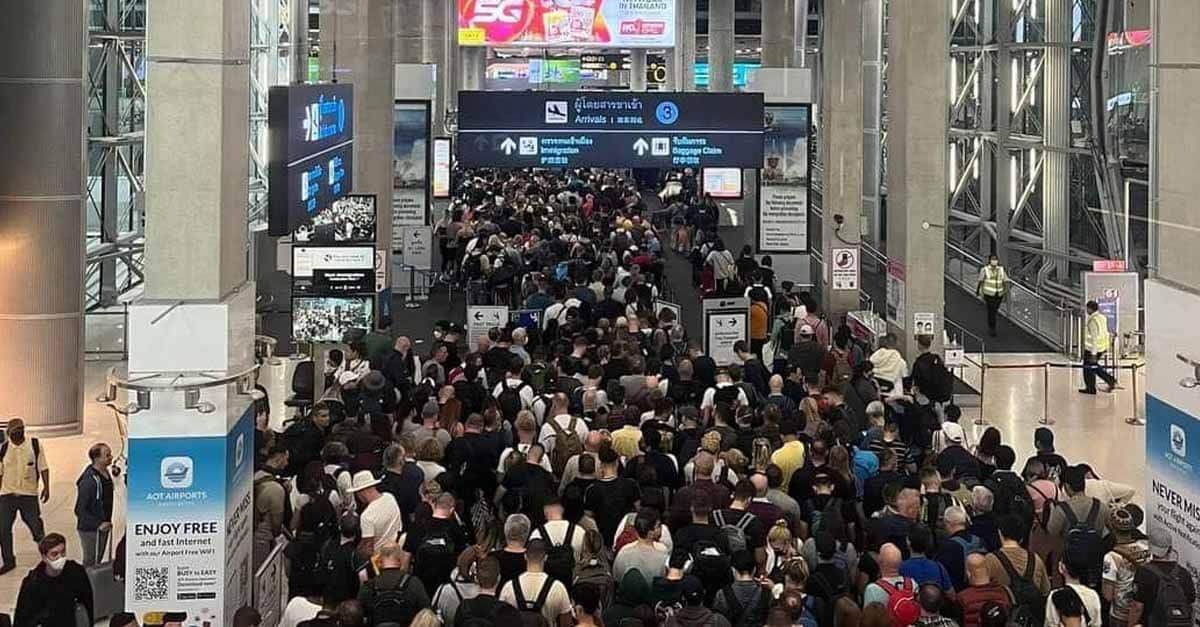
LTR Visa holders get access to the priority lane at the airport upon entering Thailand, thus saving you precious time spent at immigration.
Each category has specific requirements related to income, assets, employment, and expertise that must be met. The visa is valid for 10 years initially and can be renewed indefinitely as long as the eligibility criteria continues to be met.
Soon after the LTR visa was implemented, the Thai government announced a few positive improvements, including halving the visa application fee from 100,000 THB to 50,000 THB. The government hopes to bring in 1 million LTR visa holders over the next 5 years.
What are the Benefits of an LTR Visa?
Technically, the LTR visa isn’t permanent residence. It essentially gives you the right to live in Thailand on a permanent basis though, and offers a few additional perks including tax reduction.
Key benefits of the LTR visa are the length of stay and renewal options. The 10 year initial validity is far longer than a standard tourist or retirement visa.
LTR holders can renew indefinitely by maintaining the original criteria, saving the need to constantly reapply or visit immigration every 90 days.
Other benefits, like a streamlined process to obtain a work permits, certainly help make it easier to conduct business in Thailand.
LTR holders in the Highly-Skilled Professionals category also get a discounted 17% personal income tax rate. If you’re bringing enough money into Thailand, this perk alone could be worth the cost of the visa.
How to Qualify for an LTR Visa
The main eligibility criteria for the LTR visa relate to having substantial assets, income, or investment in Thailand. You’ll need to meet at least one of the four criteria below.
1. Wealthy Global Citizens need US$1 million in assets and $80,000annual income over 2 years. They must invest $500,000 in Thailand.
2. Wealthy Pensioners require $80,000 annual income at application. Those with $40,000-$80,000 can qualify with a $250,000 investment in Thailand.
3. Work-From-Thailand Professionals need $80,000 income over 2 years and employment at a major international company.
4. Highly-Skilled Professionals require $80,000 income, relevant work expertise, and often advanced degrees in key fields.
It’s worth mentioning that all applicants additionally need health insurance coverage of at least $50,000.
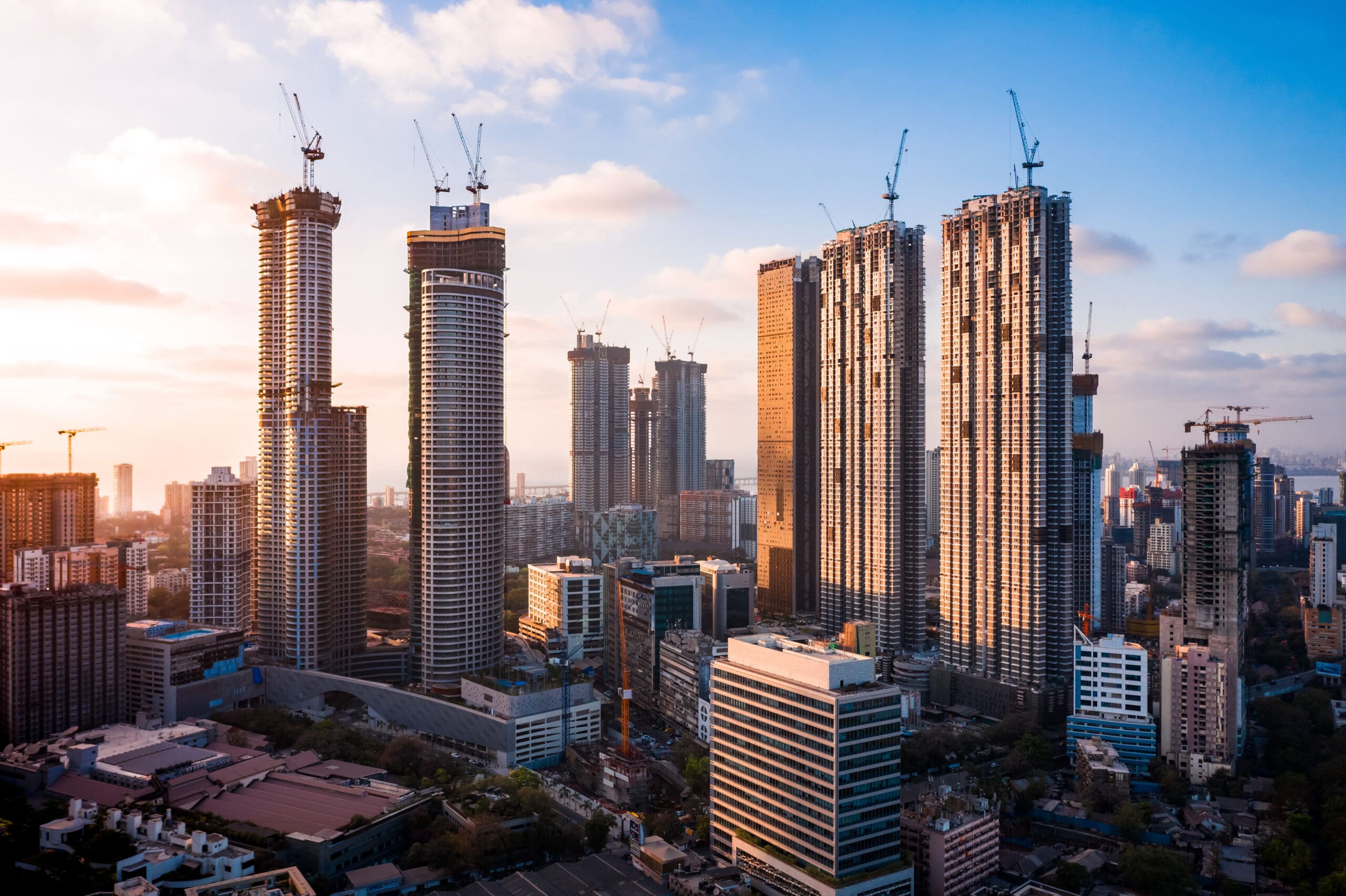
Buying a condo in Thailand worth at least $500,000, or about 15 million baht, is one way to qualify for the LTR visa.
Where to Apply for an LTR Visa
The LTR application process is complex, so consulting either a profession or the government directly is recommended. Key steps are:
- Determine eligibility category and gather documents like passports, proof of assets/income, bank statements, tax records, and insurance.
- Obtain non-immigrant visa to enter Thailand if needed.
- Get income, assets, and investment verified by a Thai embassy/consulate. Strict requirements.
- Once in Thailand, obtain medical certificate, police clearance, embassy letter.
- Submit completed application and documents to Thailand Board of Investment (BOI). Pay fee.
- If approved, get 90 day initial LTR visa. Must extend to 1 year, then 5 years within deadlines.
The full application takes between 6-12 months from start to finish, depending on your readiness and processing time. Planning for travel and other considerations during the process is important.
Once you’re ready to apply, you can do so either through an agent or on the government’s website directly.
Maintaining Your LTR Visa
After you’re approved, LTR holders must maintain the original visa eligibility criteria. For example, Wealthy Pensioners must uphold annual income levels and Thai investments. Each category has specific maintenance requirements set by the BOI.
Every few years, visa holders must extend their LTR by providing updated proof to the BOI that they still meet the criteria.
Fair warning: this extension process absolutely must be followed to keep the visa valid.
If the visa expires because it wasn’t extended in time, you’ll probably have to restart the application process from the start. As such, make extra sure to calendar your extension date annually and keep all documents ready.
Thai Elite and Other Long-Term Visas
The Thailand LTR visa offers an excellent pathway to long-term residence for those able to meet the investment, income, employment, and expertise requirements.
While obtaining the LTR visa is complex, thorough preparation and consulting experts helps ensure success. The long-term benefits of indefinite renewal make the LTR visa worthwhile for qualifying foreign nationals seeking stability in Thailand.
Keep in mind also: the LTR visa isn’t the only way to live in Thailand permanently. You also have the Thai Elite Visa as an option, along with the relatively-unknown 10 million baht investment visa.
The Thai Elite visa requires a lump sum payment from 500,000 to 2 million baht depending on the package. It allows stays from 5-20 years but is not renewable.
Meanwhile, the 10 million baht investment visa requires a large investment into a Thai condo or government bonds and allows indefinite stay as long as the asset is maintained.
The LTR visa and 10 million baht investment visa allow indefinite stay, yet the Thai Elite visa offers lifestyle perks. Overall, the LTR provides greater long-term flexibility along with permanent status.

